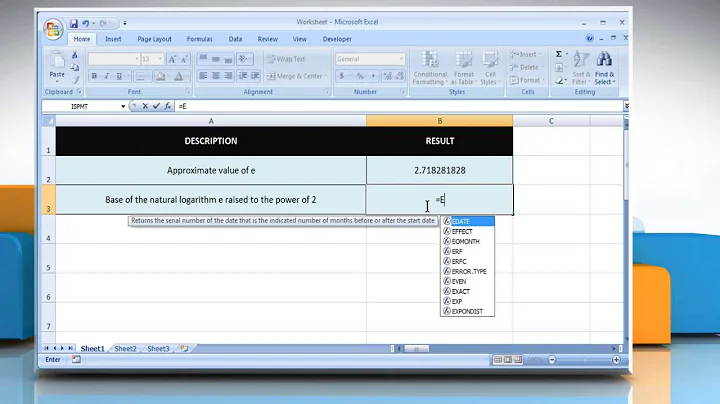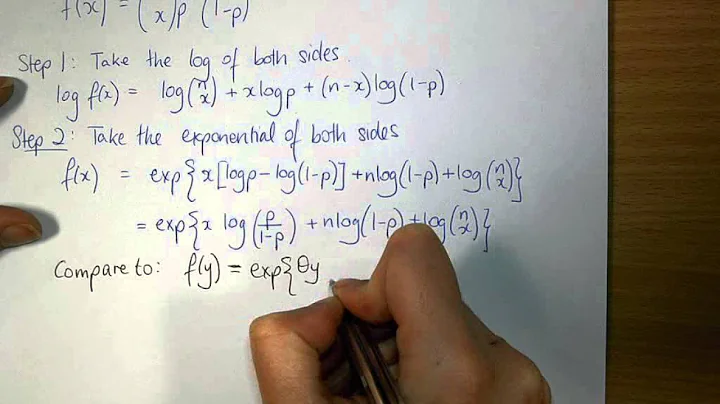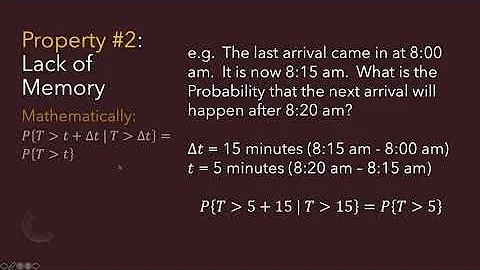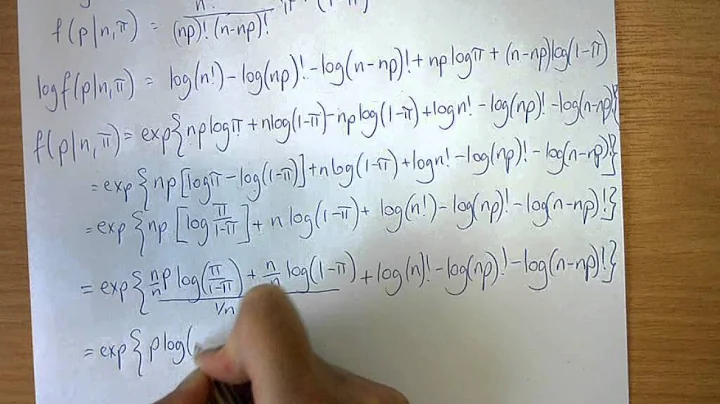DEXP or EXP for exponential function in fortran?
Solution 1
Question number 1:
As mentioned before, it is always better to use the generic functions, such as EXP(), in preference to the outdated type specific equivalents, such as DEXP().
In the old (really old) versions of FORTRAN (before FORTRAN 77), a different function was required for each data type. So if you wanted the exponential function would need: EXP() for single precision numbers, DEXP() for double precision numbers, or CEXP() for complex numbers. FORTAN now has function overloading, so a single function will work for any standard type.
Question number 2.
In principle the possible range of the exponent can be processor and compiler dependent. However, as mentioned before, most modern processors and compilers will use the IEEE standard.
If needed, it is possible to specify the required range of a variable when declaring it. The function to use is SELECTED_REAL_KIND([P,R]).
For example, suppose you to make sure that x is of a type with decimal precision of at least 10 digits and a decimal exponent range of at least 100.
INTEGER, PARAMETER :: mytype = SELECTED_REAL_KIND(10, 100)
REAL(KIND=mytype) :: x
For more information: SELECTED_REAL_KIND
In practice, if you are writing a program that requires a given accuracy, and which may be run on exotic or old systems, it is a very good idea to define your types in this way. Some common definitions are shown here: Real Precision
Solution 2
"exp" is a generic function, that returns the same type as its argument -- precision of real or complex. It should be used in preference to the older form "dexp" because with "exp" the compiler will automatically return the correct type. The generic names were added in Fortran 77.
Related videos on Youtube
remek
Updated on October 31, 2020Comments
-
remek over 3 years
I have two very short questions:
1 - I just read that
DEXP()is the archaic form ofEXP(). Does it mean that it should not be used anymore? I always thought thatDEXP()was the double precision equivalent toEXP().2 - What is the range of the exponential function? Is it compiler dependent?
Thanks in advance for your help!
Best, Remek
-
M. S. B. over 14 yearsRe the range: I'd expect "exp" to return up the largest numeric value of the type. Which types are available depends on the compiler and processor. All that I know of have 4 & 8 bytes reals, and usually also either 10 or 16 byte.
-
remek over 14 yearsThank you for your answer Mark! Remek










